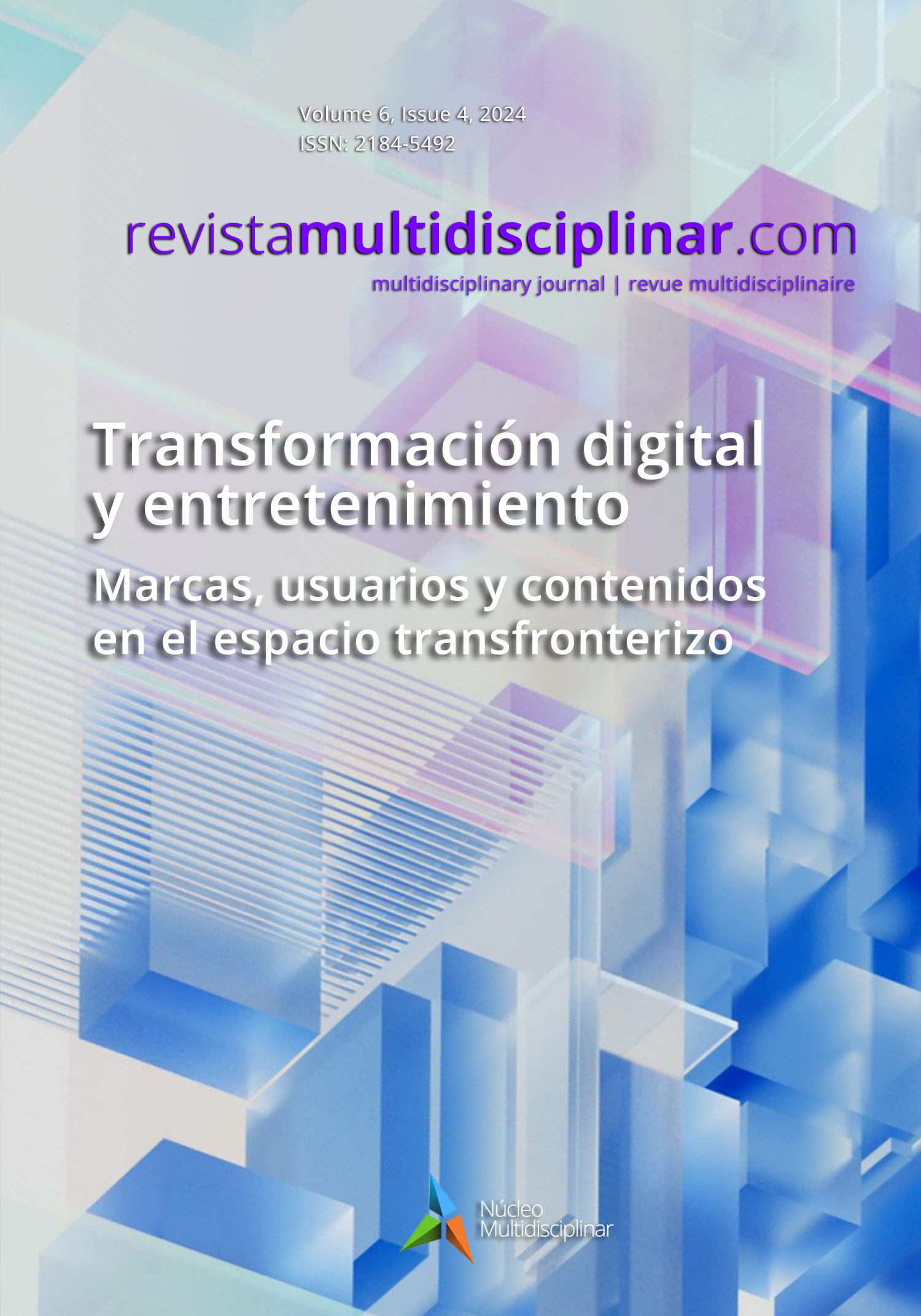The impact of digital technologies
On the quality of higher education
DOI:
https://doi.org/10.23882/cdig.24244Keywords:
Digital education, digital divide, sustainable development, digital revolution, digital transformationAbstract
The reality of higher education in its various specializations is no longer as it was traditionally, but rather faces many challenges, most notably the challenges of the changing environment and technical developments in all fields. The study aims to shed light on the impact of digital transformation on the quality of education, and thus on sustainable development, and the labor market in light of attempts to integrate it into university education and other stages of education. Current studies indicate that the situation requires the creation and provision of sufficient resources of digital technology and artificial intelligence technology and the promotion of the joint construction of the latter, in order to achieve the skills currently necessary, which are eternal skills known as soft skills, which include the ability to adapt to multicultural situations.
References
Ashmel M, Hashim M, Tlemsani I, Matthews R, (2021), Higher education strategy in digital transformation, in Education and Information Technologies, Ed Springer. https://doi.org/10.1007/s10639-021-10739-1
Al-Abad Faouzi. (2007). La gestion de l'enseignement universitaire : un concept moderne dans la pensée administrative contemporaine. Amman: Etablissement Al-Warraq.
Al-Bilaoui Hussein. (2006). Qualité globale dans l'éducation entre indicateurs d'excellence et normes d'accréditation : fondements et applications. Amman: Dar Al Masirah.
Al-Zahi Halima. (2012). E-learning à l’Université Algérienne. éléments d’incarnation et empêchements à l'application. Algérie: Université de Constantine.
Axelle Devaux. (2017). Digital technology’s role in enabling skills. Consulté le 15, 06,2024, sur https://www.rand.org/pubs/perspectives/PE238.html
Blackman. (2017 ). The model for learning and development: an effective model for capability development? Consulté le 05, 07, 2024, sur https://doi.org/10.5465/ambpp.2016.10745abstract
Centre d’aide humanitaire et de secours Salman, R. (2020). L'enseignement à distance, son concept, ses outils et ses stratégies. un guide pour les décideurs politiques de l'enseignement académique, professionnel et technique. UNESCO.
El Bettioui, Hidane, Jaouhari et Mirdasse (2022). Digitalisation pédagogique et défis de l’enseignement à distance: revistamultidisciplinar ,4(1), pp. 27-48. https://doi.org/10.23882/rmd.22083
Gafurov I R, Safiullin M R, Akhmetshin E M, Gapsalamov A R, Vasilev V R, (2020), Change of the Higher Education Paradigm in the Context of Digital Transformation: from Resource Management to Access Control, International Journal of Higher Education, volume 9, n°3
Grand-Clement. (2017). Apprentissage numérique (éducation et compétences à l'ère numérique). RAND Europe.
Hélène Pulker et Elodie Vialleton. (2024). Distance, Flexibility and New Teaching Modes : From the COVID Emergency to Sustainable Transformations, Distances et médiations des savoirs [En ligne], 47 | 2024, mis en ligne le 26 octobre 2024, consulté le 01 novembre2024. http://journals.openedition.org/dms/10315 ; https://doi.org/10.4000/12jjz
Hind, E. A. (2017). Enseignement supérieur et marché du travail au Qatar : réalité et perspectives. Qatar : Centre arabe de recherche et d'études politiques.
Jill S. Cannon, Zellman, Karoly et Schwartz (2017). Quality Rating and Improvement Systems for Early. Consulté le 01 ,07, 2024, sur https://www.rand.org/pubs/perspectives/PE235.html
Lendrin, N. H. (2016). L’industrialisation de l’éducation comme processus de concrétisation. Récupéré sur Compte-rendu et réflexions théoriques autour du livre : "Industrialiser l’éducation - Anthologie commentée (1913-2012): http://www.reseau-terra.eu/article1395.html.
l'UNESCO, I. d. (2009). Un guide pour mesurer les technologies de l'information et des communications en éducation . Montréal: UNESCO .
Marso, S. (2011). Marketing des établissements d’enseignement supérieur : offres de formation et enjeu de l’éthique. Revue Marocaine de Recherche en Management et Marketing ,4(5),pp. 162-180.
Mustafa, A. F. (2006). Production de sites Internet pédagogiques : une vision et des modèles pédagogiques contemporains pour l'apprentissage via Internet. Le Caire: Monde du livre.
OUZI, A. (2006). Dictionnaire encyclopédique des sciences de l'éducation. Maroc: Nouvelle presse Elnadjah. 1ère édition.
Downloads
Published
How to Cite
Issue
Section
License
Copyright (c) 2024 Mohamed bouzidi CHITER

This work is licensed under a Creative Commons Attribution-NonCommercial 4.0 International License.









